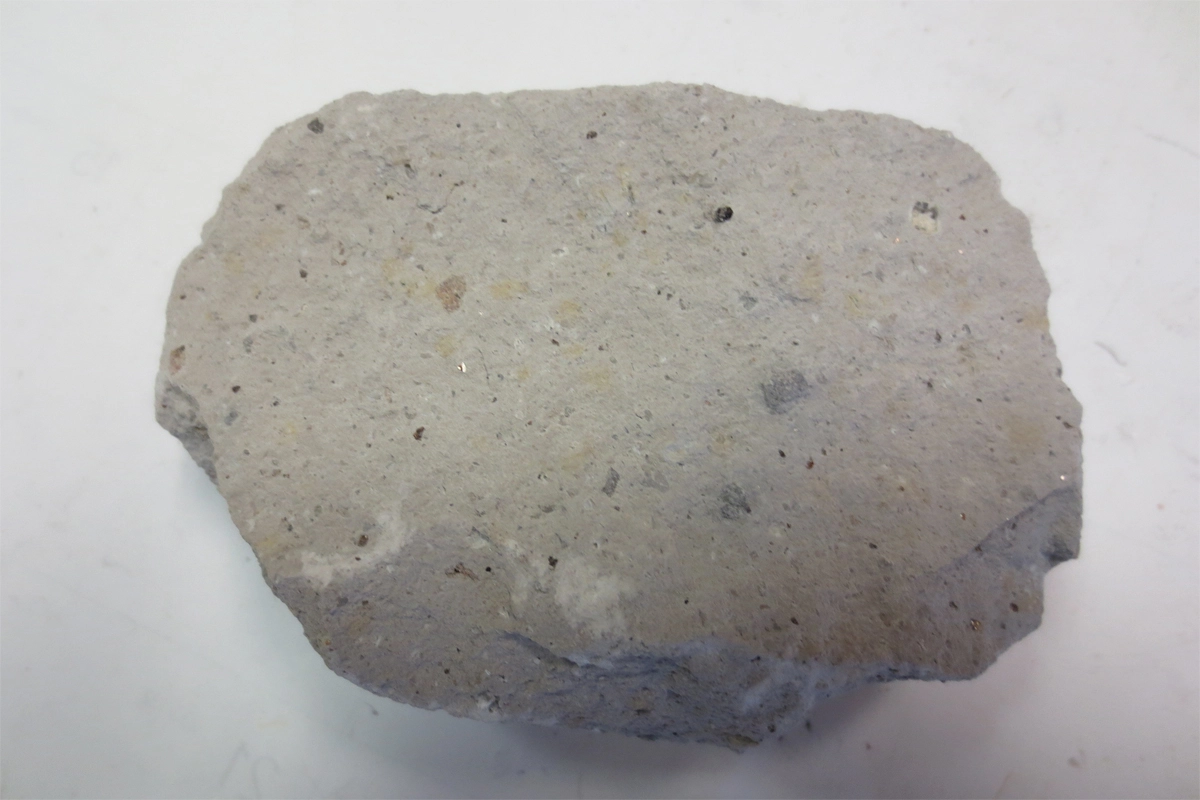Properties of Rhyolite
Rhyolite is a type of volcanic rock that is characterized by its high silica content, making it more viscous and less fluid than other volcanic rocks like basalt. It often appears in shades of pale pink, light gray, or creamy white. Rhyolite is formed through the solidification of magma rich in silica and is associated with explosive volcanic eruptions.

The following table provides a list of rhyolite properties in both SI and US customary/Imperial units at normal temperature and pressure (NTP).
Click on the button to switch between Metric and Imperial units.
| Physical Properties | Metric |
|---|---|
| Density | 2100 - 2690 kg/m3 |
| Porosity | 4 - 6% |
| Mechanical Properties | Metric |
| Young’s Modulus (E) | 19 - 25 GPa |
| Thermal Properties | Metric |
| Thermal Conductivity | 1.5 W/m·K |
| Coefficient of Thermal Expansion (αL) | 8×10-6 1/°C |
Unless stated otherwise, all values are taken at room temperature (approximately 20°C or 68°F) and 1 atm pressure. (1 atm = 101,325 Pa)
References: 1) Cardarelli, François. Materials Handbook: A Concise Desktop Reference. Switzerland: Springer International Publishing, 2018. 2) CRC Handbook of Chemistry and Physics, 97th Edition. United Kingdom: CRC Press, 2016-2017. 3) A.M. Howatson, P.G. Lun, J.D. Todd, P.D. Engineering Tables and Data. United Kingdom: University of Oxford, Department of Engineering Science, 2009. 4) Stone: Building Stone, Rock Fill and Armourstone in Construction. United Kingdom: Geological Society, 1999.
